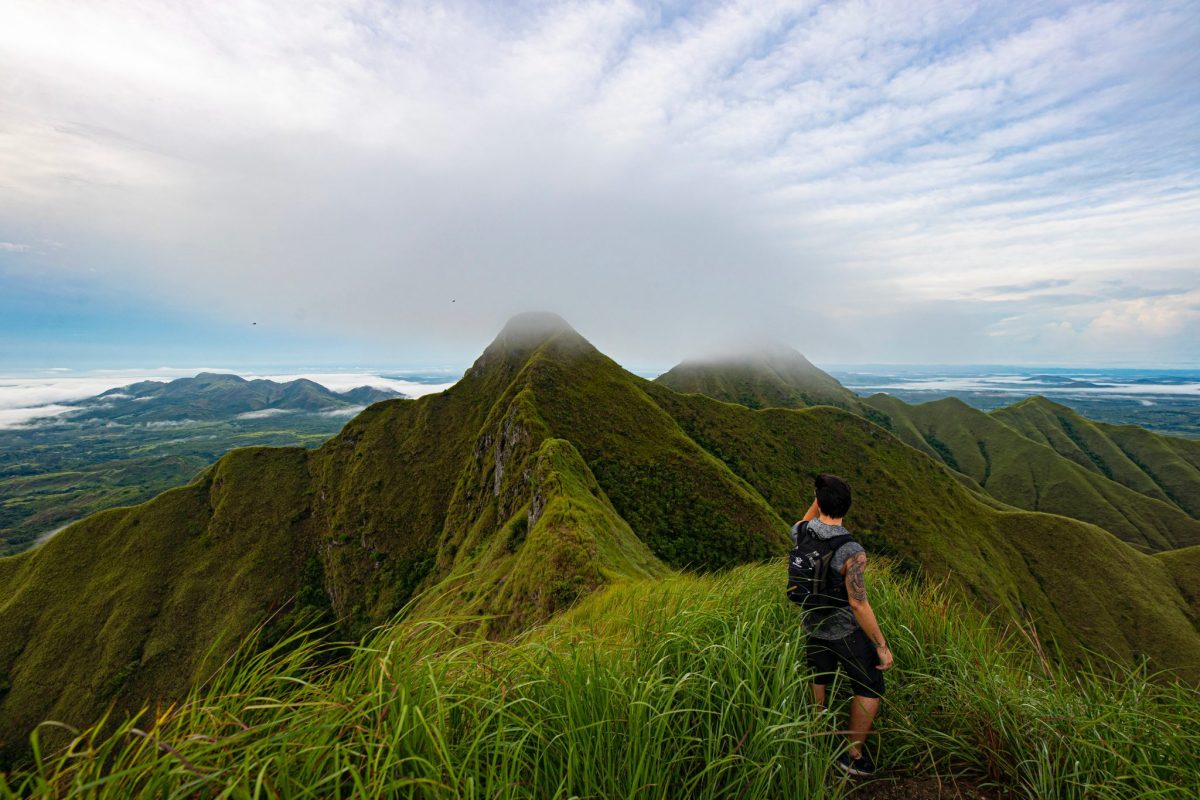Skift Take
Marketing to conscious travelers, for all of its societal benefits, may lead to potentially lucrative results, as well. Win-win?
Selling travel and related goods to “conscious travelers” is great for local communities and the earth, and it can be a great business opportunity, as well.
That was one of the main takeaways from a panel discussion on “Tapping Into the New Traveler Consciousness,” moderated by Lebawit Lily Girma, Skift’s global tourism reporter, at Skift’s Design of the Future online summit Thursday.
Ivan Eskildsen, tourism minister of Panama, discussed how the Central America country has repositioned its tourism marketing to attract “discerning travelers” and emphasizing nature and cultural tourism, with the involvement of local communities, as a central focus.
He said tourism officials have estimated there is a potential audience of 600 million conscious travelers around the world who might be receptive to Panama’s new messaging. The global adventure travel market is a $700 billion industry, Eskildsen added.
“We believe there’s a whole new world out there,” Eskildsen said, with the Gen Z and Millennial generations having a positive eco-friendly and community-oriented influence on other generations, too.
Eskildsen said the government sees additional opportunities in expanding its collaboration with the private sector, and in creating new content based on ancestral traditions and mythology. The latter provides an “opportunity to innovate,” he said.
Lola Akerstrom, co-founder Local Purse, said while the Home Shopping Network and QVC have been successful, there is a micro trend in retail that addresses a segment of the population which enjoys buying handmade items crafted out of local cultures. Local Purse describers itself as “merging live video shopping with cultural experiences in a personal way.”
When Girma asked Akerstrom about challenges in growing her business, she said “the oxygen for any startup is funding.” She said people love the business once they find out about, and it places vendors in an online marketplace when previously they might not have had any e-commerce options.
Kelley Louise, founder and executive director of Impact Travel Alliance, which melds conscious travelers, content creators and influencers, said the 501(c)3 nonprofit saw its membership double during the pandemic. “We still saw a tremendous amount of growth in our community,” she said.
The goal is to go beyond “preaching to the choir” about sustainable travel, and to amply the message to new audiences, Louise said.
While much of the eco-tourism industry focuses on natural settings, urban destinations great local culture, food tourism, and even local distilleries can make for great sustainability experiences for conscious travelers, according to Louise.
Prior to the UN Climate Change Conference in Scotland, the Impact Travel Alliance partnered with VisitScotland and VisitBritain to carry out what might be considered a “conscious” press trip to emphasize sustainability experiences in urban centers.
Girma labeled sustainability minded travelers as a “conscious wave,” and each of the panelists’ organizations are diving into it in their own ways.
UPDATED: This story was updated to include VisitBritain as a Travel Alliance partner on a “conscious” press trip.
The Daily Newsletter
Our daily coverage of the global travel industry. Written by editors and analysts from across Skift’s brands.
Have a confidential tip for Skift? Get in touch
Tags: climate change, design, events, panama, skift design awards, skift idea awards, skift live, sustainability
Photo credit: Panama is innovating its tourism sector by pushing for adventure and community tourism to pull in the conscious traveler. Courtesy of Visit Panama / Visit Panama
